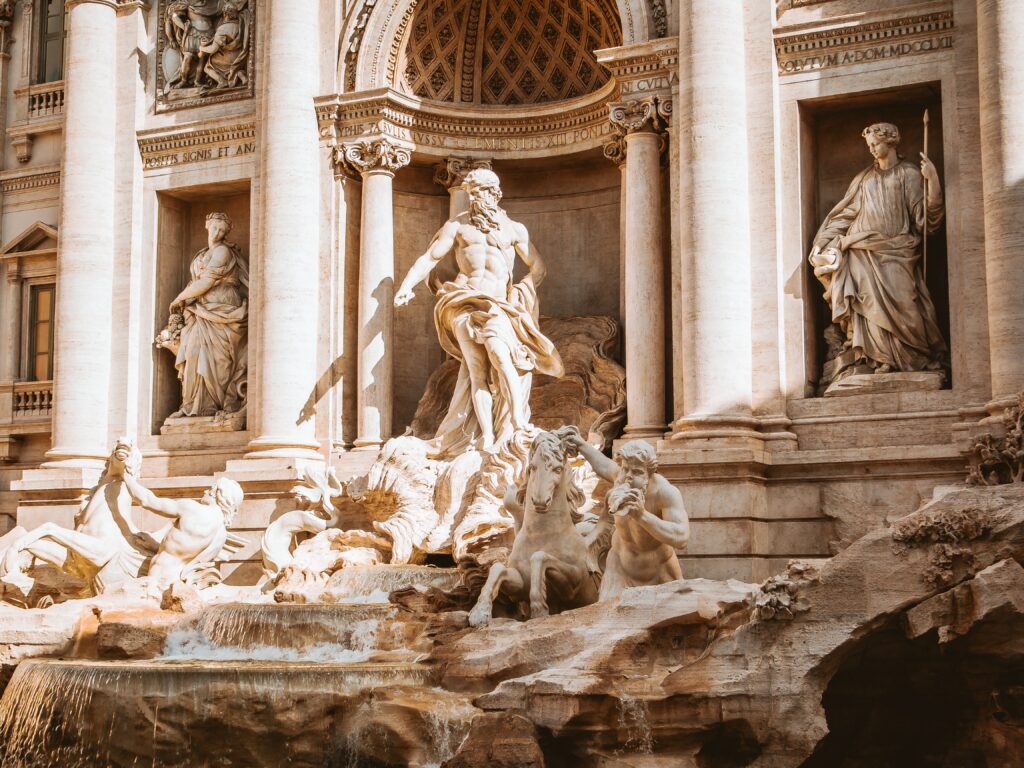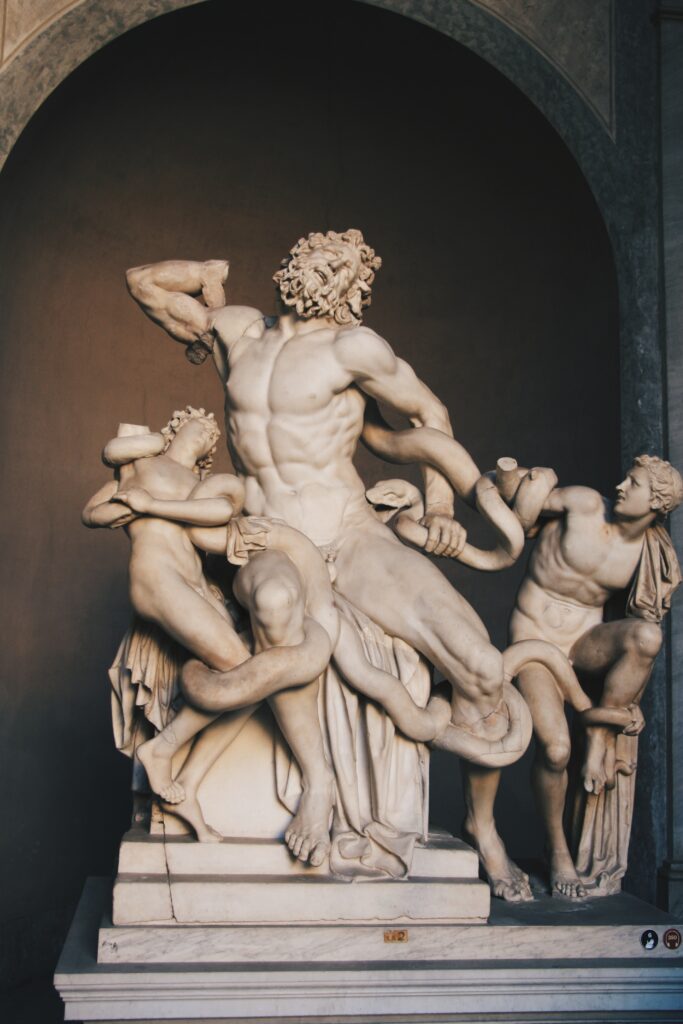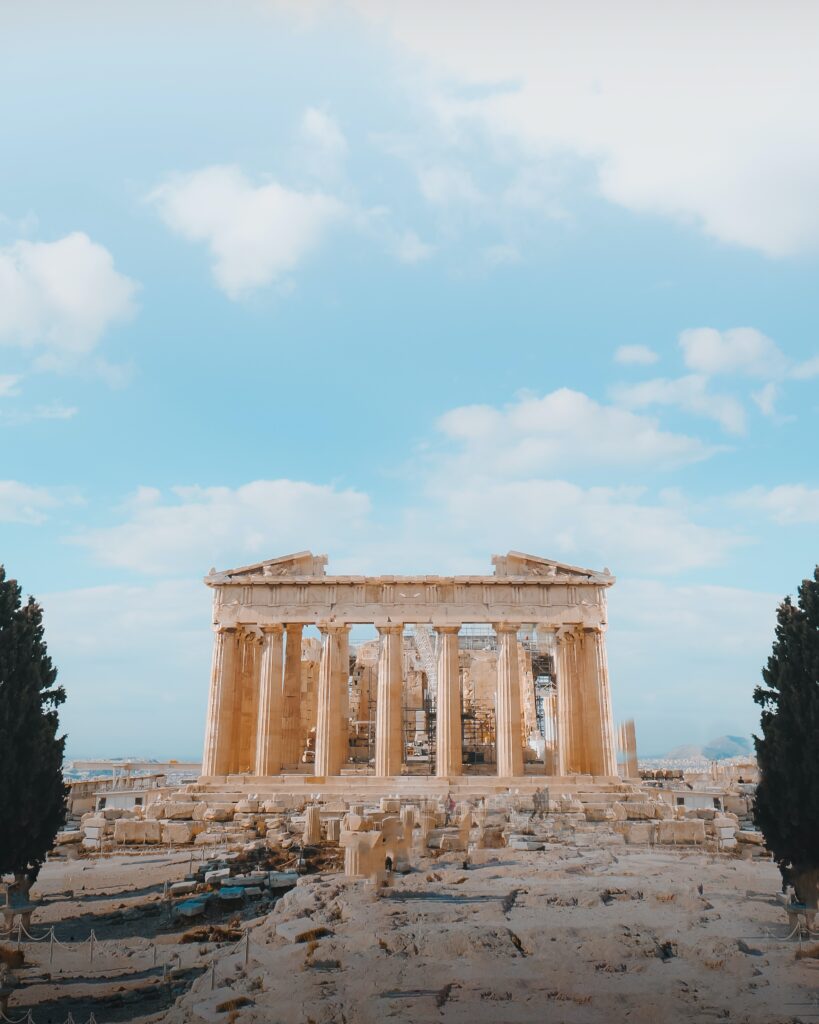
Mortuary practices and the afterlife have always been a subject of fascination and intrigue. The way that different cultures have chosen to honor and remember their deceased has varied greatly throughout history, and one culture that has had a particularly lasting impact on the way we understand death and funerary practices today is Ancient Greece.
The Ancient Greeks had a rich and complex set of mortuary practices that were deeply ingrained in their culture and society, and these practices continue to shape the way we think about death and the afterlife even today. From the grandeur of the acropolis to the simplicity of the countryside, the influence of Ancient Greek mortuary practices can be seen in modern day burial customs. This article aims to explore the ways in which Ancient Greek mortuary practices have influenced modern day burial customs, and to understand the enduring legacy of these practices on our understanding of death and the afterlife.
Ancient Greek Mortuary Practices
Ancient Greek mortuary practices reflected the culture and society of the time and were deeply intertwined with their religious beliefs and understanding of the afterlife. Funerary rituals and practices were an important part of Greek life and played a significant role in the community and the family.
Common funerary practices in Ancient Greece included the use of funerary art, such as vase painting and sarcophagi, as well as the building of tombs and monuments. These were often highly decorated and grand, serving as a lasting tribute to the deceased. Since funerary rituals were an important part of Ancient Greek society, they were often conducted by the family or community. These rituals included the washing and anointing of the body, as well as the use of libations and sacrifices to honor the deceased.

Significantly, the Ancient Greek believed that the soul of the deceased had to pass through the underworld and be judged by Hades and his wife Persephone. Only then the soul could reach the afterlife and the Elysian fields, a paradise for the blessed souls, or the Asphodel fields, a place for the souls of the common people.
The importance of funerary rituals and practices in Ancient Greek culture cannot be overstated. They served as a way for the community and family to honor and remember the deceased and were an integral part of Ancient Greek society. The rites and ceremonies were also a means for the community to come together and support one another in the face of loss and grief.
The Influence of Ancient Greek Mortuary Practices on Modern Day Funeral Customs
The influence of Ancient Greek mortuary practices can be seen in the way that we honor and remember the deceased today. Many modern-day funeral customs have their roots in Ancient Greek practices and have been passed down through time to shape the way we understand death and the afterlife.
One key example of this is the use of funerary art in modern day funerals. From the grand monuments of the past to the simple headstones of today, the use of funerary art as a way to commemorate the deceased has remained a constant throughout history. Similarly, many modern-day funerals still include traditional elements such as the washing and anointing of the body, as well as the use of libations and sacrifices to honor the deceased.
The Ancient Greek belief in the afterlife and the idea of having to face judgement before reaching it are still present in many cultures and religions today. Another similarity that modern religions share with the Greeks is the concept of the Elysian fields, as a paradise for the blessed souls, or the Asphodel fields as a place for the souls of the common people. A common example can be seen in Christianity, where Christians believe in a day of judgment after death, and different levels of hierarchies in the heavens depending on the sect.
In addition, the Ancient Greek practice of holding funerary rituals and ceremonies as a means for the community to come together and support one another in the face of loss and grief is also present in today’s funeral customs. From the traditional wake to the modern memorial service, the idea of coming together as a community to remember and honor the deceased is a tradition that has been passed down through the ages.
Final Thought
The study of Ancient Greek mortuary practices provides us with a glimpse into the culture, beliefs, and customs of their ancient civilization. It also allows us to understand how these practices have influenced the way we understand death and the life after. The use of funerary art and the importance of funerary rituals and ceremonies are all examples of how these practices continue to shape our modern-day customs and beliefs.
For more exciting content about the funeral services industry, visit our blog in the Deathcare Diairies tab.

